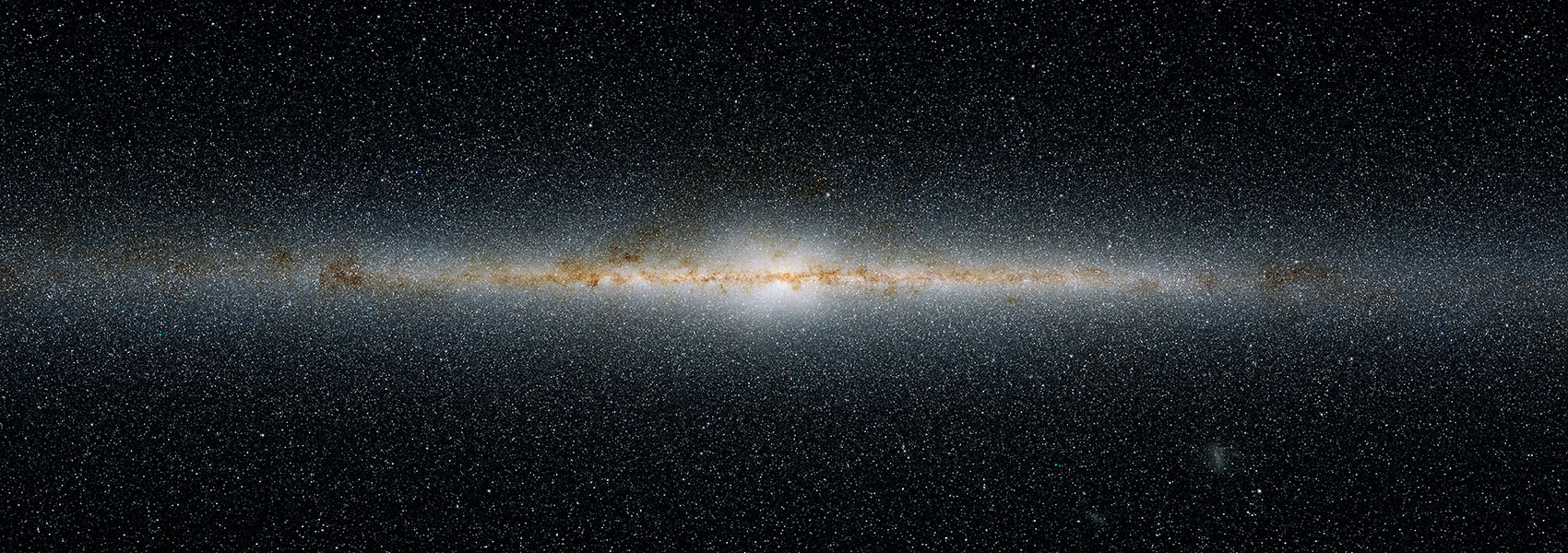February
2023
•
2023A&A...670A.136K
Authors
•
Kiefer, F.
•
Hébrard, G.
•
Martioli, E.
•
Artigau, E.
•
Doyon, R.
•
Donati, J. -F.
•
Cadieux, C.
•
Carmona, A.
•
Ciardi, D. R.
•
Cristofari, P. I.
•
de Almeida, L.
•
Figueira, P.
•
Gaidos, E.
•
Gonzales, E.
•
Lecavelier Des Etangs, A.
•
Stassun, K. G.
•
Arnold, L.
•
Benneke, B.
•
Boisse, I.
•
Bonfils, X.
•
Cook, N. J.
•
Cortés-Zuleta, P.
•
Delfosse, X.
•
do Nascimento, J. Dias
•
Fausnaugh, M.
•
Fong, W.
•
Fouqué, P.
•
Forveille, T.
•
Gomes da Silva, J.
•
Hesse, K.
•
Kóspál, Á.
•
Lewis, H.
•
Liu, C. -F.
•
Martins, J. H. C.
•
Paegert, M.
•
Seager, S.
•
Shang, H.
•
Twicken, J. D.
•
Vandal, T.
•
Vinatier, S.
•
Widemann, T.
•
Winn, J. N.
Abstract
•
TOI-1695 is a V-mag = 13 M-dwarf star from the northern hemisphere at 45 pc from the Sun, around which a 3.134-day periodic transit signal from a super-Earth candidate was identified in TESS photometry. With a transit depth of 1.3 mmag, the radius of candidate TOI-1695.01 was estimated by the TESS pipeline to be 1.82 R⊕ with an equilibrium temperature of ~620 K. We successfully detected a reflex motion of the star and establish that it is due to a planetary companion at an orbital period consistent with the photometric transit period, thanks to a year-long radial-velocity monitoring of TOI-1695 by the SPIRou infrared spectropolarimeter. We used and compared different methods to reduce and analyze those data. We report a 5.5σ detection of the planetary signal, giving a mass of 5.5±1.0 M⊕ and a radius of 2.03±0.18 R⊕. We derive a mean equilibrium planet temperature of 590±90 K. The mean density of this small planet of 3.6±1.1 g cm−3 is similar (1.7σ lower) than that of the Earth. It leads to a nonnegligible fraction of volatiles in its atmosphere with fH,He = 0.28−0.23+0.46% or fwater = 23±12%. TOI-1695 b is a new sub-Neptune planet at the border of the M-dwarf radius valley that can help test formation scenarios for super-Earth and sub-Neptune-like planets.
Links




